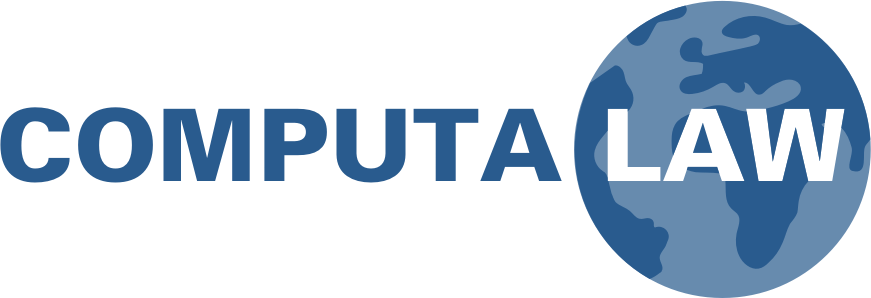Description
Website hosting is a service which provides any individual, company or organisation with storage space on the provider (“web host”)’s server or on the user’s own server at the provider’s location to load its website and have connectivity to the internet. Although there are many different options of hosting arrangements which will continue to advance as new technologies are created, the following are currently the most common.
The simplest form of hosting is where the user’s website resides on a “physical” server or cluster of servers of the provider fixed at the provider’s location. In some cases the user may own its own server installed in a rack at the provider’s location which the provider looks after. This will be subject to a colocation agreement (see Contract 74).
“Cloud” hosting has also now become popular where the user’s website is hosted on “virtual” servers, which use a cluster of multiple servers decentralised from any one location and thus perceived to be less vulnerable to hardware failure, local power disruptions or natural disasters.
As connectivity is a key requirement, web hosts are often Internet Service Providers (“ISPs”). Many web hosts also offer numerous additional services such as domain name registration, website design, email, anti-spam filtering, managed services, “Apps”, software as a service (SaaS), security/SSL certificate,1 DDoS2 protection, support and back-up.
Most hosting agreements will incorporate or be supplemented by Terms of Service, Acceptable Use and Privacy Policies.3
Since the user’s website and content are on a server which is under the control of the third party web host provider, the user must rely on this third party for connectivity, security and privacy at the very least so it is important to have these assurances in the agreement.
Equally, from the web host provider’s point of view, it is important to ensure that the user’s material contained on the website (and the material to which it can be linked) is neither illegal under civil law (e.g. containing infringing material such as pirated software or defamatory information), illegal under criminal law (e.g. human trafficking, money laundering, terrorist activities) nor is the content harmful (e.g. containing material which is likely to offend any racial or religious group), otherwise the provider may incur liability if it knows, or is made aware of, the nature of the website content. Although there are several jurisdictions which have specific legislation relating to the liability of ISP providers for content which they host as opposed to material for which they merely “carry” (i.e. act as a “mere conduit”), there is growing pressure on web hosts, in the wake of frequent terrorist attacks organised over the internet, to monitor and block illegal and harmful material and report such activity to law enforcement.
Since there are no global laws at present which harmonise the standards which should apply worldwide to website content, numerous jurisdictions (e.g. Europe, USA, Australia to name but a few) have adopted very similar standards. Many of these standards are used by providers themselves in their agreements, terms of service and Acceptable Use Policies and Code of Conduct.4 This Contract has included these generally accepted standards as applying to website content. Also included are some generally accepted standards of internet usage (“netiquette”). Non-compliance with the provider’s Hosting Agreement, Terms and Conditions of Service or with its Acceptable Use policies and Code of Conduct, will entitle the provider to bar access and remove websites immediately.
[1] A website using an SSL (secure sockets layer) is identified by the URL starting “https://”. [2] Distributed Denial of Service (DDoS) is a malicious attack which causes the website to be unable to be accessed. [3] See Contracts 68, 69 and 70. [4] For an example of Acceptable Use policy, see Contract 68 and Privacy, Contract 70.



